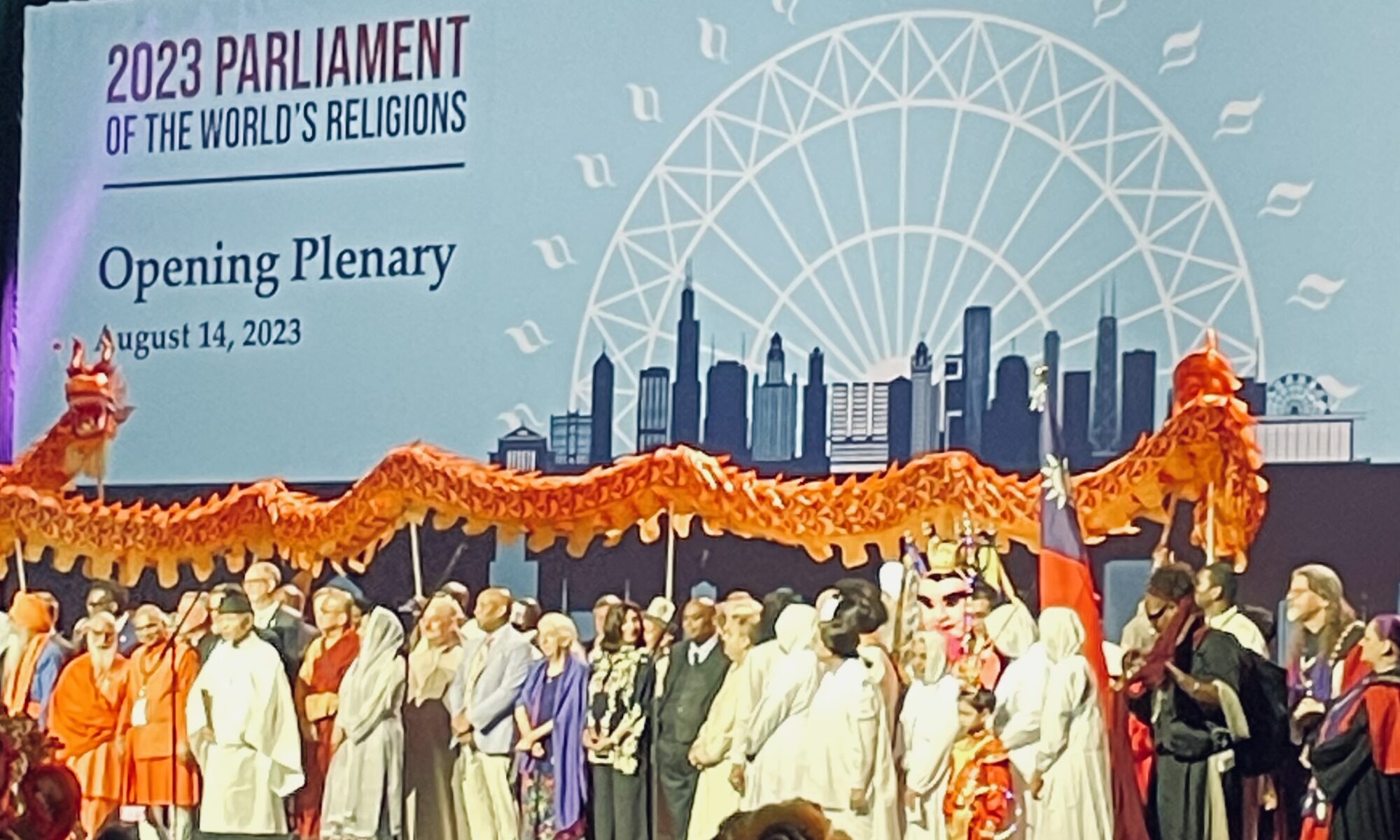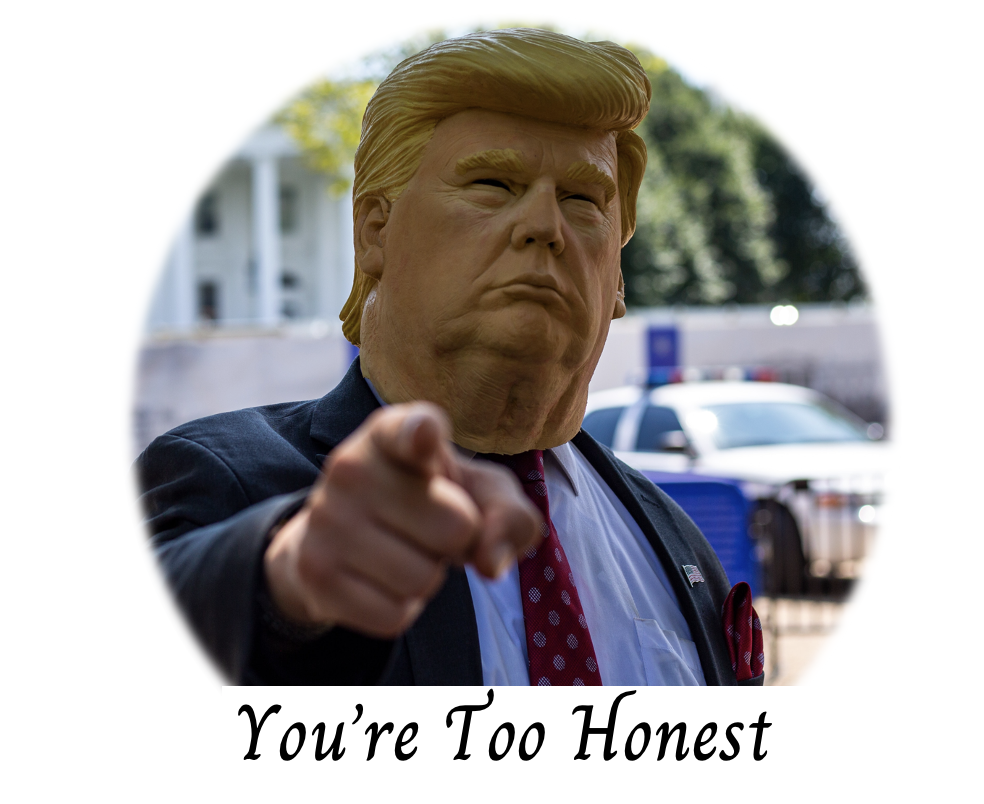Parliament of World Religion’s confirms every person has dignity & rights
I attended the Parliament of the World’s Religions last week in Chicago. It is the largest interfaith gathering in the world. It featured participants from 80 nations and more than 200 different religious traditions. There were also a few nonreligious people, like myself.
My interest in the Parliament is connected to its idea of a global ethic. In 1993, the parliament adopted a declaration, “Toward a Global Ethic,” stating that the world’s religious and ethical traditions agree that “every individual has intrinsic dignity and inalienable rights.” This unifying idea is found in other important international agreements. The UN’s Universal Declaration of Human Rights, adopted in 1948, states: “Recognition of the inherent dignity and of the equal and inalienable rights of all members of the human family is the foundation of freedom, justice and peace in the world.”
The good news is that there is broad consensus about human dignity and human rights. But we still face challenges. And we disagree about the particulars.
One ongoing challenge is bad actors who reject the general idea of dignity and human rights. Tyrants and psychopaths are not committed to these ideals. In religious language, we might speak here of sin and evil. The challenge of evil is real. How should those who believe in human rights respond to bad guys?
We disagree about this. The debate about retributive justice and restorative justice reflects this disagreement. Defenders of retributivism think evil-doers ought to suffer and pay for their crimes. But advocates of restorative justice think that mercy, forgiveness, and rehabilitation are more important. We also disagree about how to create resilient and humane institutions that can limit the harm done by bad actors.
This disagreement is not about the shared ideal of human dignity. Rather, it is about how we ought to apply that idea. This kind of conflict is typical of the ongoing challenge of what to do when good people disagree about the meaning and application of shared universal values.
There are many examples of this kind of challenge, seen in our disagreements about social justice and social welfare. Consider, for example, the question of abortion. The anti-abortion camp thinks that prenatal human life has dignity and value, and deserves protection. The pro-choice camp thinks that women have the right to choose to control their own reproductive lives.
In cases like these, when good people disagree, we should avoid villainizing and stigmatizing those with whom we disagree. Defenders of retributivism are not evil; nor are advocates of restorative justice. The same is true of the pro-choice vs. pro-life argument. These are not disputes involving goodness on one side and wickedness on the other. Rather, they are disputes in which good people disagree about the meaning and application of dignity and human rights.
Which brings me back to the importance of organizations like the Parliament of the World’s Religions, and documents like the UN’s Declaration of Human Rights. It is important to remind ourselves that common ground does exist. Good people can and do agree about basic principles of ethics. There is agreement about values that are important for living well. These shared values include honesty, respect, justice, fairness, integrity, compassion and love.
In our polarized era, it is easy to view others as evil, sinful or delusional. This is not to deny that there are wicked people in the world. But not every ethical dispute is a matter of good vs. evil.
Once we acknowledge that good people can disagree about the application of basic ethical principles, we have an incentive to be more humble and more hospitable. The way forward is to celebrate core values that we can all affirm. And then, with that shared foundation, we can work together to figure out why we continue to disagree, and how we might negotiate and compromise with other good people.
The good news is that there is broad consensus about basic ethical principles. But that is not the end of the story. Rather, these shared values provide a starting point for further dialogue. The remaining work is to explore what these values mean, how we apply them in specific cases, and how we can live together despite our disagreements.
Read more at: https://www.fresnobee.com/opinion/readers-opinion/article278379244.html#storylink=cpy






